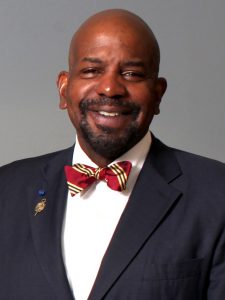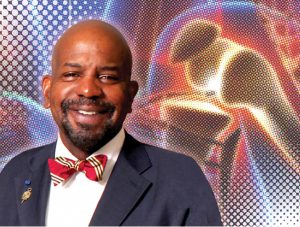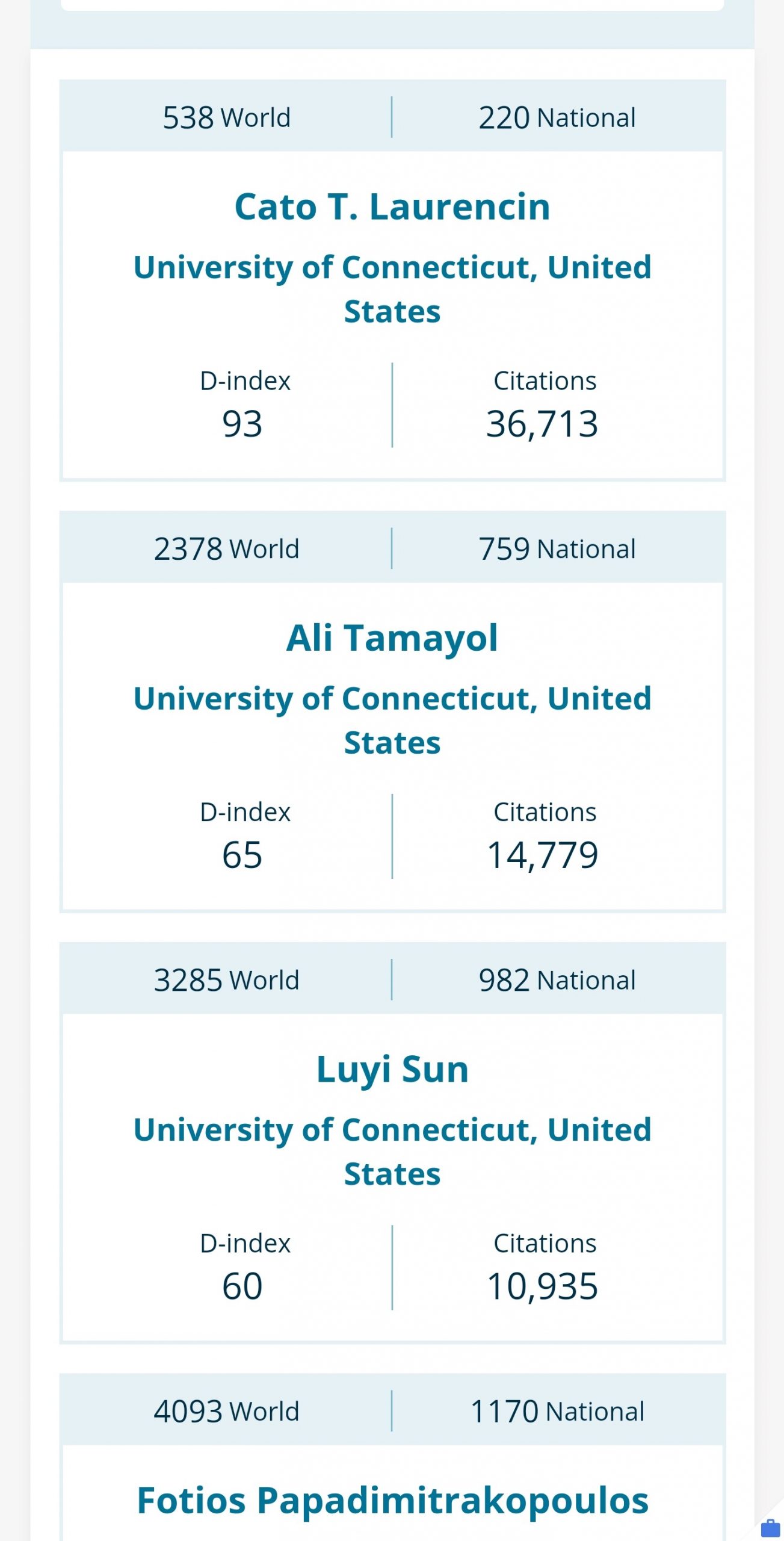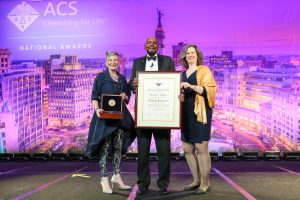The American Chemical Society (ACS) has selected University of Connecticut’s Dr. Cato T. Laurencin as the 2024 recipient of its Kathryn C. Hach Award for Entrepreneurial Success.
As the national awardee, Laurencin is recognized for his use of the transforming power of chemistry to improve people’s lives. The hallmark of this contribution is impact: positive impact on people’s lives and positive impact on the economy by creating jobs that produce a significant economic benefit.
Laurencin’s innovations in regenerative engineering and his impact on the fields of biomaterials, nanotechnology, and stem cell science have had an immeasurable impact. As the leading international figure in polymeric biomaterials chemistry and engineering, he has made not only extraordinary scientific contributions, but has contributed through innovation and invention.
In Connecticut, Laurencin was the lead faculty architect for Bioscience Connecticut. Start-up companies he has founded have led to products now on the market. He received the Connecticut Medal of Technology in recognition of his work in the state.
Nationally, Laurencin is a Fellow of the National Academy of Inventors, and the first surgeon elected to all 4 of the U.S. National Academies. He serves on the board of directors of the National Academy of Inventors and on the National Academy of Inventors Selection Committee.
He received the National Medal of Technology and Innovation, America’ highest recognition for technological achievement, from the President of the United States. In service to our nation, he serves as Vice-Chair of the National Medal of Technology and Innovation Nomination and Evaluation Committee, appointed by both the Trump and Biden administrations.
Most recently, he received the Inventor of the Year Award presented to the world’s most outstanding recent inventors from the Intellectual Property Owners Education Foundation (IPOEF). The IPOEF’s board of directors voted unanimously for him, recognizing his impact on biomaterials, nanotechnology, stem cell science, and the field of regenerative engineering.



